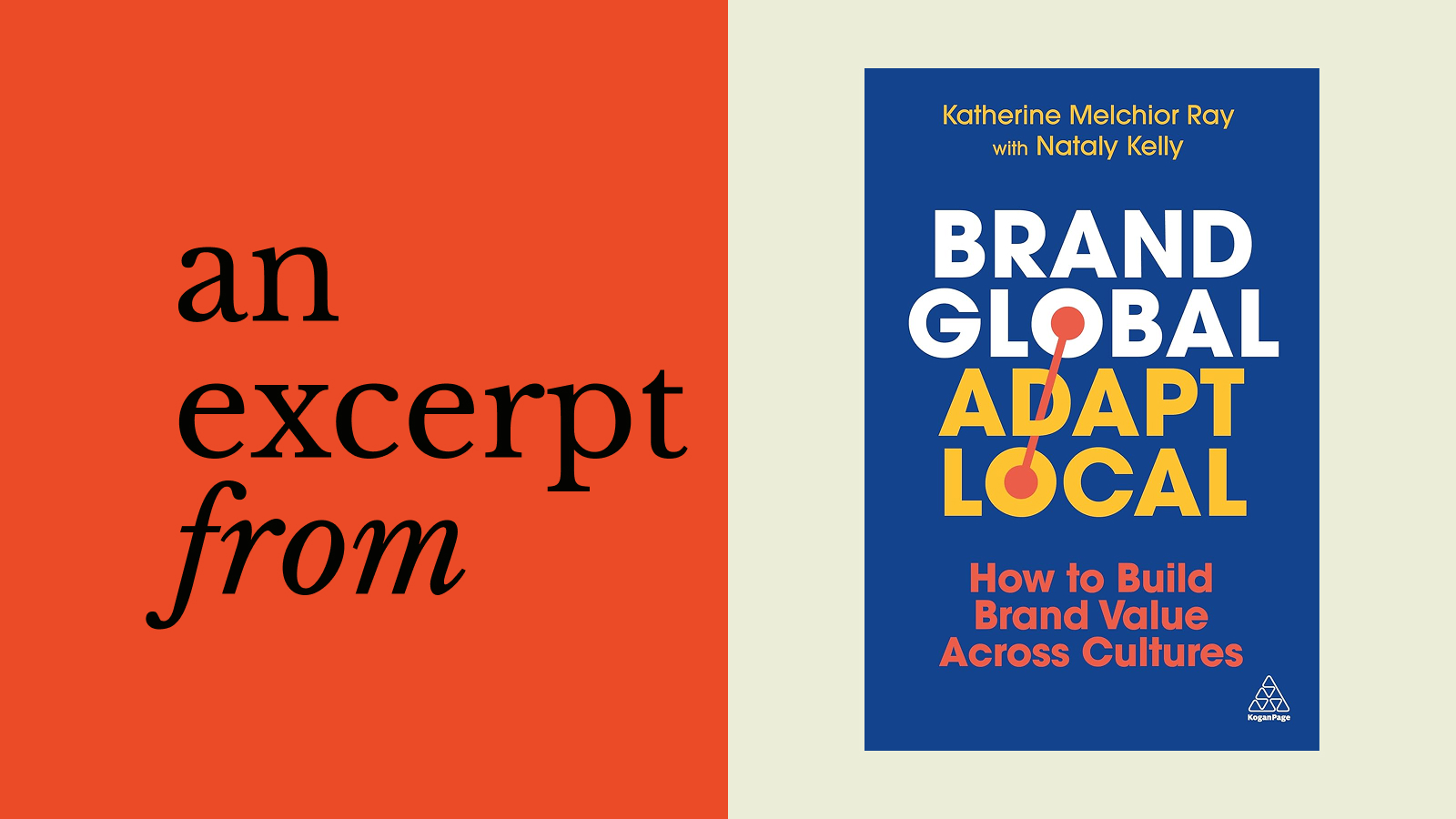Mercedes Rosalba Aráoz Fernández has observed that women leaders, herself included, tend to collaborate more openly and distribute power more liberally than males do. The not-very-surprising result, she says, is a more contented workforce or constituency, and better outcomes.
Mercedes Araoz Fernandez: In South America, I think there’s this feeling that women can run a country better because, in general, they see women less prone to corruption. There’s expectation that women won’t be involved in that kind of thing, so you will see women like President Bachelet in Chile or Ms. Dilma Rousseff in Brazil, but it’s not only South America. See, right now in Mexico there is a woman with a high possibility to run the country in Mexico now in the elections, also in Costa Rica and countries like that. So more and more women are involved in politics.
Usually women like to work more in teams than men. We are competitive as men, but at the same time we can handle and deposit responsibility in others. And that’s important because when you say to someone to collaborate with you in this process of building a country or a business or something, you empower the people you are working with. So it’s very important to say, yes, I’m responsible, but also you work with me and you’re responsible for your part.
When I was Minister of Trade and Tourism, there was a particular event in which I was involved, and I think I really empowered my people to work with me. There was this candidacy for Machu Picchu to be one of the new Seven Wonders of the World. As a government, we didn’t have enough money to do the promotion and make people vote for Machu Picchu to be one of the new wonders. And what I decided to do is to do it by myself. I went to the TV shows and started going to schools and promote with them people to start voting for Machu Picchu.
It became a crusade. Many people got involved with me--school boys, school girls, people in their government, but I also got people that are not in the government, the private sector. We started raising money, we started making everybody voting. Even people in the prisons were voting for Machu Picchu to be one of the Seven Wonders. And we achieved the goal as a country. And the good thing about that is we have this feeling of identity or having a national goal accomplished altogether, as a country.
Directed / Produced by
Jonathan Fowler & Elizabeth Rodd





